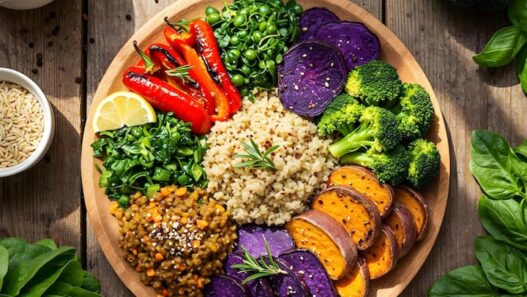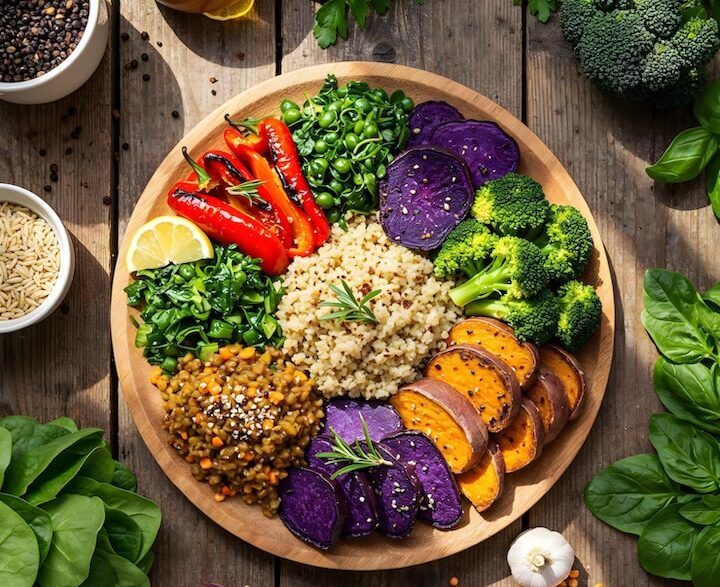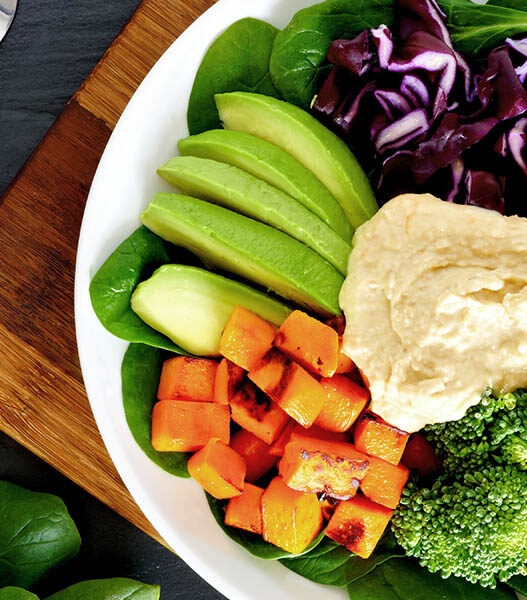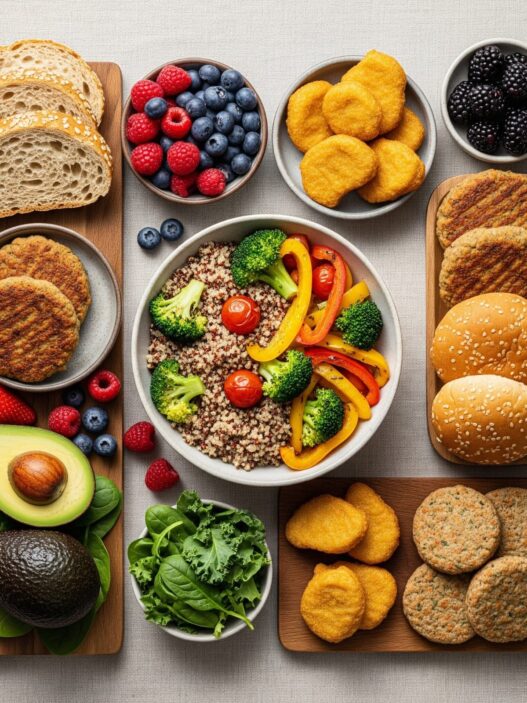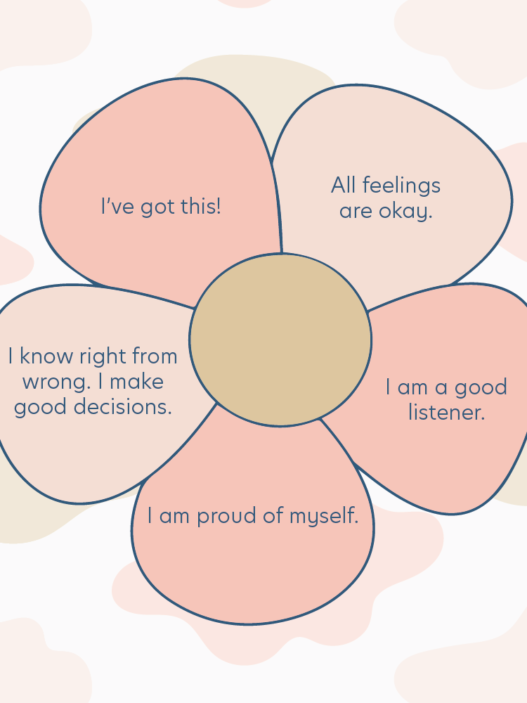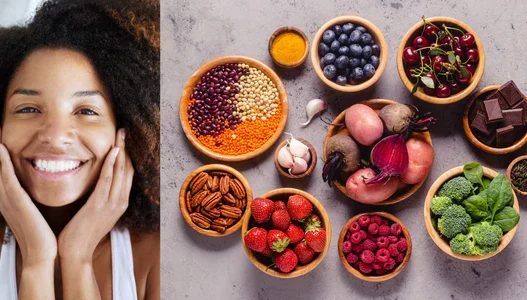Where the world is driven largely by health, ethics, and sustainability, the vegan diet has emerged as one of the most sought-after eating patterns. The concerned public is resorting to it not only for getting their health in shape but also for lowering their ecological impact and for showing their support to the creatures of this planet.
Many studies highlight the scientific benefits of a plant-based diet, showing how it supports long-term health and reduces the risk of chronic disease. What the vegan diet was, its associated health benefits, the downsides, and how to successfully employ it in the long run are being discussed here.
What Is A Vegan Diet?
The vegan diet is a plant-based lifestyle with a strict policy of absolutely excluding all animal products originated items. So, it is banned to consume any meat, poultry, fish, dairy, eggs, honey or animal-derived additives.
However, emphasizes the use of fruits, vegetables, legumes, whole grains, nuts, and seeds. Moreover, a vegan diet, when done in the right way, can be safe and sound and also provide people and families with multiple health and environmental benefits.
Various scientific studies have identified numerous benefits of switching to a vegan diet. The major benefit points are given below
Nutrient-Rich And High In Fiber
Plant-based foods are often fortified with quite a few micronutrients, minerals, and antioxidants. Its main components are vitamin C, vitamin E, folate, magnesium and potassium in large quantities. These nutrients encourage a more resistant body, improved digestion and lower inflammation incidents.
Gut Health And Digestion
A vegan diet is naturally high in dietary fiber, which improves digestion and supports a healthy gut microbiome. Studies published in the journal Frontiers in Nutrition (2021) show that individuals following plant-based diets have a more diverse gut microbiota, which is linked to stronger immunity and reduced inflammation.
Provides The Potential For Weight Control
This fiber plays a key role in controlling appetite. It also helps make weight loss more sustainable. The process may be slow, but it is steady and effective.
Some people prefer the Mediterranean diet for weight loss, while others choose the vegan diet for a fiber-rich, plant-based approach.
Reduces Risks Of Heart Attack
The typical vegan diet is low in saturated fats and cholesterol, which are the leading causes of high blood pressure and heart diseases.
According to a study, those who go on a plant-based diet have healthier arteries and better cholesterol levels. Research from Harvard Health shows that plant-based diets may lower the risk of heart disease and obesity.
Reduces The Risk Of Diabetes And Cancer
A comprehensive vegan diet is touted to be instrumental in the fight against type 2 diabetes by promoting the healthy regulation of blood sugar levels. The fiber and antioxidant-rich diet may also act like a shield for certain cancers such as colorectal and prostate cancer.

Benefits The Environment
Raising animals for food is the major source of greenhouse gases that cause climate change. When individuals choose to go vegan, they release less carbon dioxide into the atmosphere, use less water, and help protect biodiversity.
Challenges And Nutritional Gaps
Even though its numerous benefits, the vegan diet, if not well planned, can result in nutrient deficiencies
Vitamin B12 deficiency
Because this vitamin exists only in animal products, vegans need to rely on supplements or fortified foods to get it.
Mineral Gaps
Iron, calcium, zinc, and selenium are minerals that are difficult to get in sufficient amounts from plant sources and absorption can be lower.
Protein Quality
Some plant-based proteins do not provide all the essential amino acids, so it is important to use different sources.
Practical challenges
The lack of vegan-friendly food choices can make eating out, traveling, or attending social events difficult.
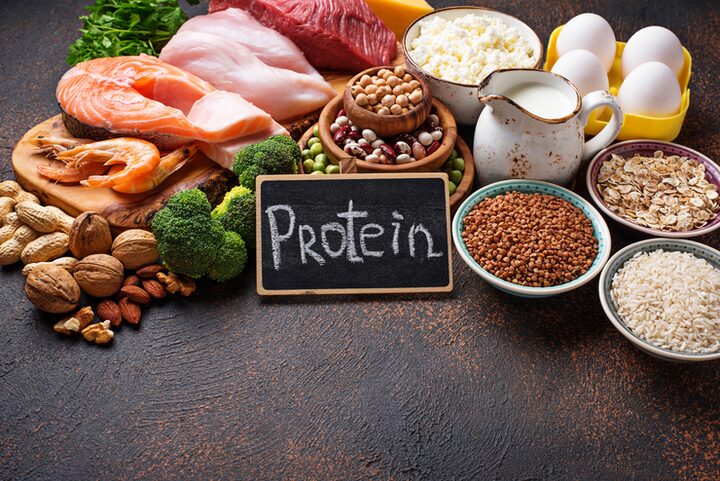
How To Plan A Balanced Vegan Diet
In order to have a vegan diet that is both beneficial and long-lasting, it is imperative to plan it well
- Consume quite a lot of plant foods in order to adequately cover all nutrient needs.
- Don’t forget to use fortified products such as soy milk, plant-based yogurts, and B12 and vitamin D enriched cereals.
- Concentrate on protein lentils, beans, tofu, quinoa, chickpeas, nuts.
- Enhance iron uptake by consuming vitamin C-rich foods like citrus fruits with iron-rich meals.
- Help your bones get strong with calcium-rich greens like kale and broccoli, and also with fortified plant-based milk. If necessary, use supplements for B12, vitamin D, or omega-3s (from algae oil).
Practical Tips For Beginners
- Do not go vegan all at once. Take it one product at a time. Later, you will be able to switch completely to plant-based products.
- Get familiar with what is in the food you eat – Many packaged foods contain animal-derived ingredients, even when the label does not state them clearly.
- Eating out is not an option, eating in is the way- This will be a guarantee for healthy meals and also better money management.
- Diversity and creativity in the kitchen- Make new dishes with products like tofu, lentils, and other vegetables.
- Do not forget about the plan when going on a trip, though- Find out beforehand where you can have a nice vegan-friendly meal or just bring your own snacks.
Conclusion
Many people follow a vegan diet through a whole foods plant-based diet, which emphasizes minimally processed foods for better health. Vegan diet is not just a diet one follows for a brief period it is a way of life that brings along with it plenty of health, moral, and environmental benefits.
However, it is still necessary to be very meticulous in your food choices so as not to become deficient in some nutrients, especially B12, calcium, and iron. Filled with colorful whole foods, fortified choices, and the right supplements, a vegan diet can be nourishing, enduring, and the right path for your long-term health.
The vegan diet is a sustainable choice for health and the environment. However, people explore many other eating patterns, from balanced options like the Mediterranean diet to trend-based approaches such as the Kate Middleton Diet.






